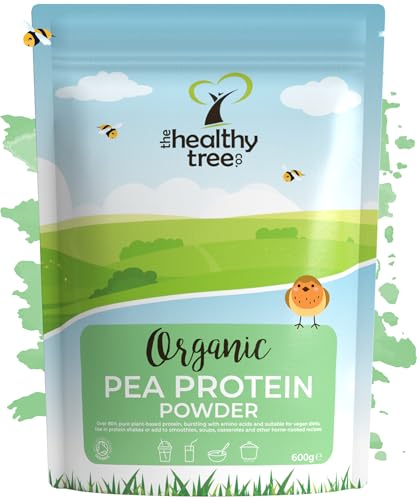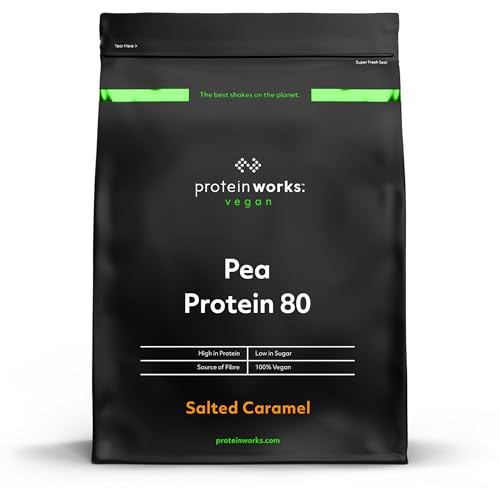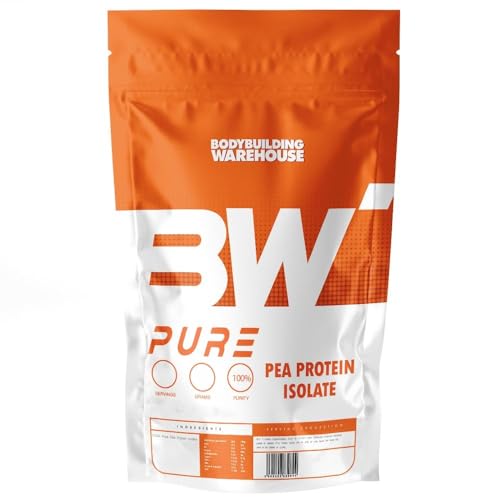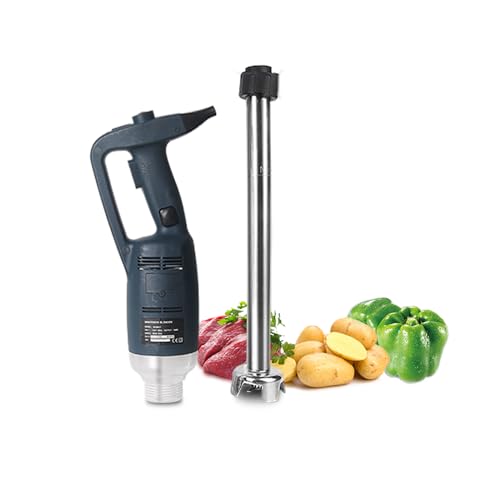Understanding Pea Protein: What it is and How it Works
What is Pea Protein?
Pea protein is a high-quality plant-based protein derived from yellow peas. Unlike some other protein sources, pea protein is easily digestible and is often used by those who prefer vegan or vegetarian diets. The extraction process involves separating the protein from the carbohydrates and fibre in the peas, resulting in a concentrated protein powder that’s free from gluten and allergens common in dairy or soy.
How Pea Protein Works in Your Body
When consumed, pea protein provides essential amino acids that our bodies need for muscle repair, energy, and overall health. Amino acids are the building blocks of protein, and pea protein is particularly high in branched-chain amino acids (BCAAs), which are crucial for muscle recovery and growth. Additionally, it promotes feelings of fullness, making it a smart choice for those looking to manage their weight.
Benefits of Adding Pea Protein to Your Diet
Supports Muscle Growth and Recovery
Adding pea protein to your diet can significantly support muscle development. Whether you’re a fitness enthusiast or just looking to maintain a healthy lifestyle, the BCAAs found in pea protein help repair and build muscle after workouts. Regularly incorporating pea protein can lead to improved strength over time.
Aids in Weight Management
For those looking to lose or maintain weight, pea protein can help keep appetite in check. The protein content promotes satiation, meaning we tend to feel fuller for longer after consuming it. This can reduce snacking and excess calorie intake throughout the day.
Allergen-Friendly Choice
Pea protein is a fantastic alternative for individuals with food allergies or intolerances, as it is naturally free from common allergens like gluten, dairy, and soy. This makes it suitable for a broader range of diets, allowing more people to benefit from its nutritional properties.
Choosing the Right Pea Protein: A Quick Guide
Understanding Labels and Ingredients
When selecting a pea protein powder, it’s essential to check the ingredient list. Opt for products that contain minimal additives and are free from artificial sweeteners or fillers. Look for organic options that signify a non-GMO source, ensuring you’re getting quality nutrition.
Protein Content and Quality
Not all pea proteins are created equal. We recommend choosing products that have a high protein content per serving, ideally around 20-30 grams. Additionally, pay attention to the amino acid profile; a well-rounded pea protein will provide a good balance of essential amino acids.
Incorporating Pea Protein into Your Meals Effortlessly
Smoothies and Shakes
One of the easiest ways to incorporate pea protein into your diet is through smoothies and shakes. Simply add a scoop of pea protein powder to your favourite fruits, vegetables, and liquid base like almond milk or water. This creates a nutritious meal option that’s quick and convenient.
Baking and Cooking
Pea protein is also a versatile ingredient in baking. We can integrate it into pancakes, muffins, and protein bars to boost nutritional value without sacrificing taste. When cooking, it can be mixed into soups, stews, or sauces, providing an additional protein boost to meals seamlessly.
FAQs About Pea Protein: Everything You Need to Know
Is Pea Protein Complete?
While pea protein is rich in most essential amino acids, it is slightly low in methionine. To ensure we’re getting a complete amino acid profile, we can easily pair pea protein with other protein sources, such as rice or quinoa, in our meals.
How Much Pea Protein Should I Consume?
The amount of pea protein can vary based on dietary needs and physical activity levels. An average recommendation is around 20-30 grams post-workout or as part of a meal. Adjusting this based on our personal fitness goals and overall diet will help us meet our protein needs effectively.



















